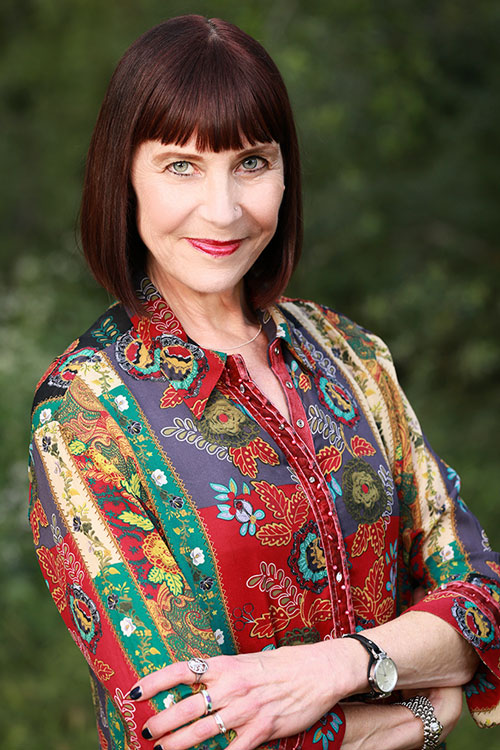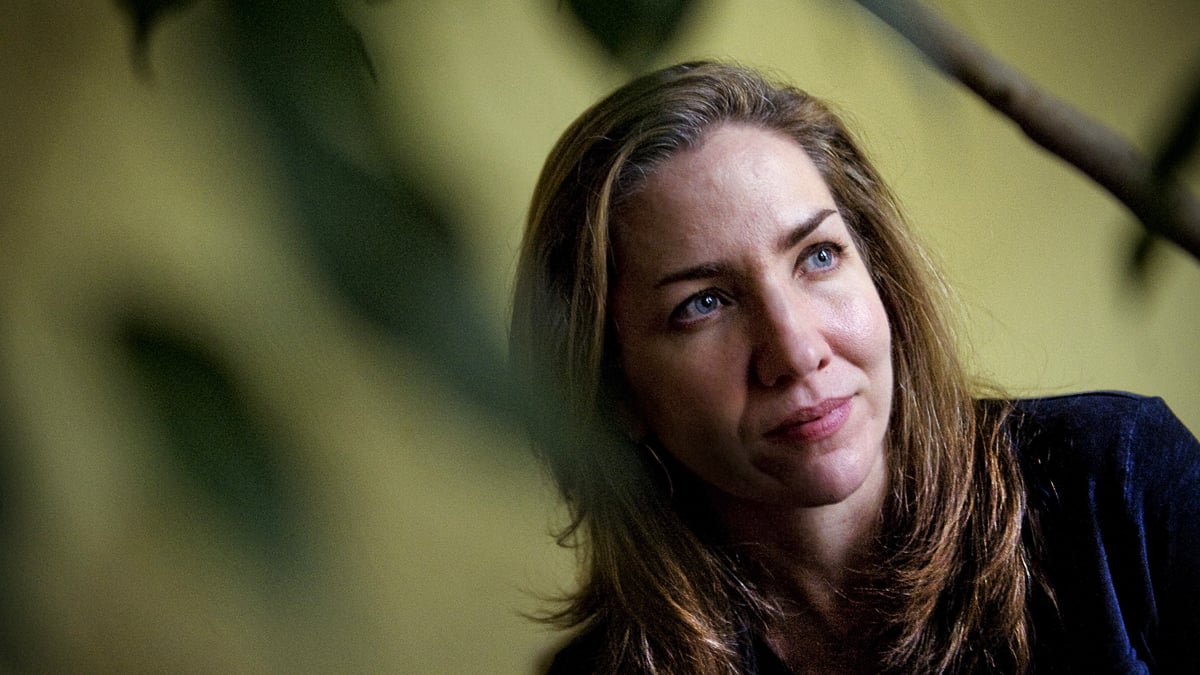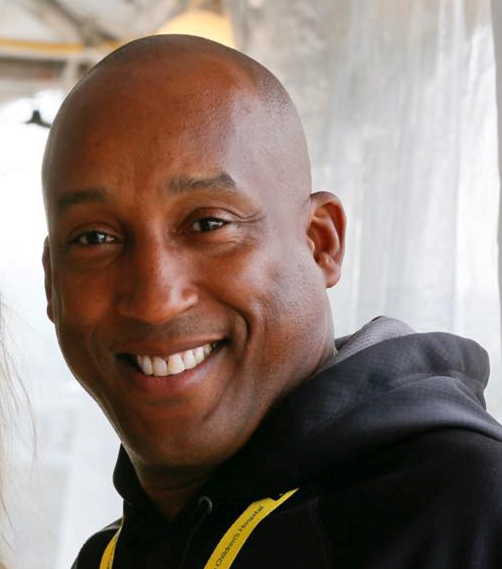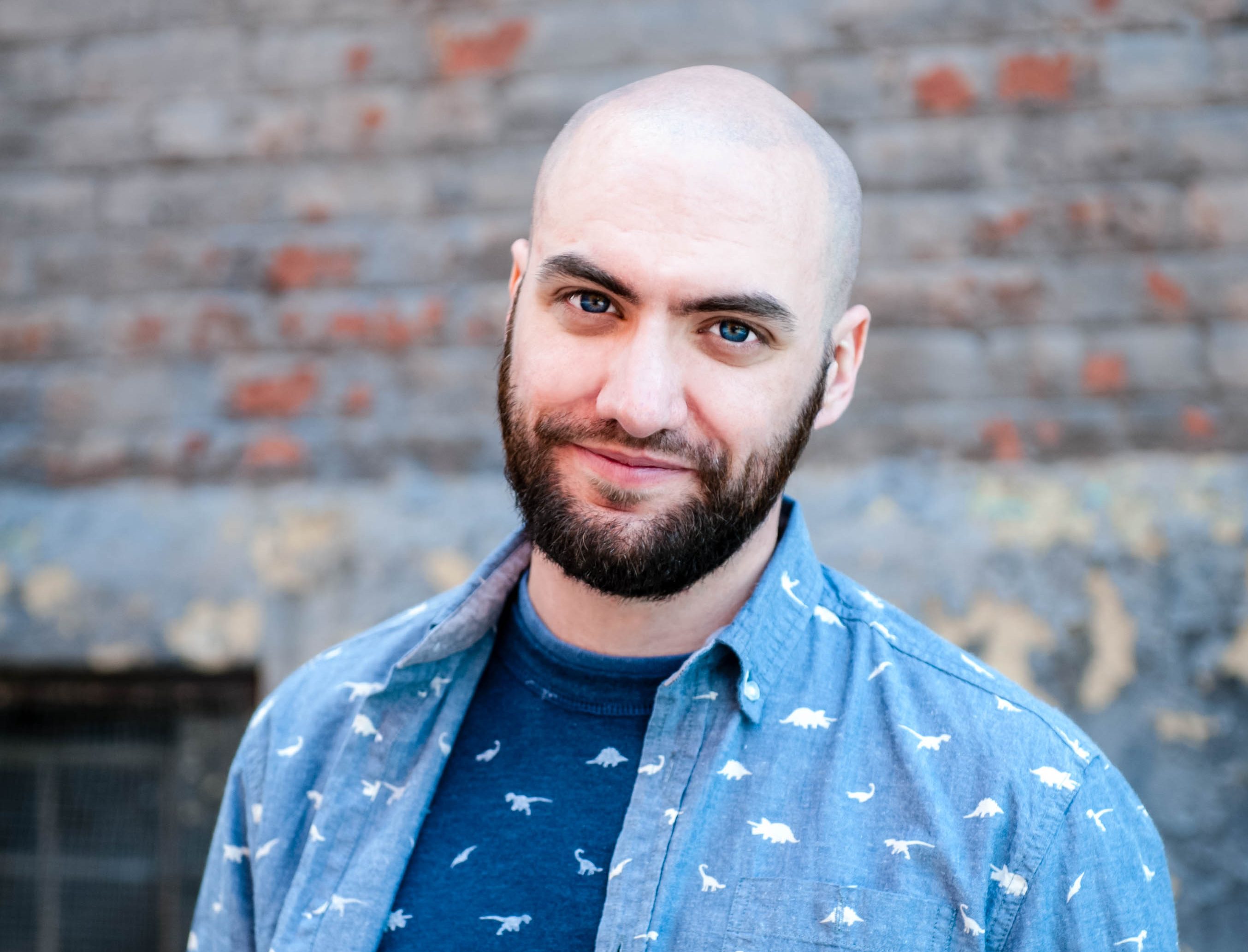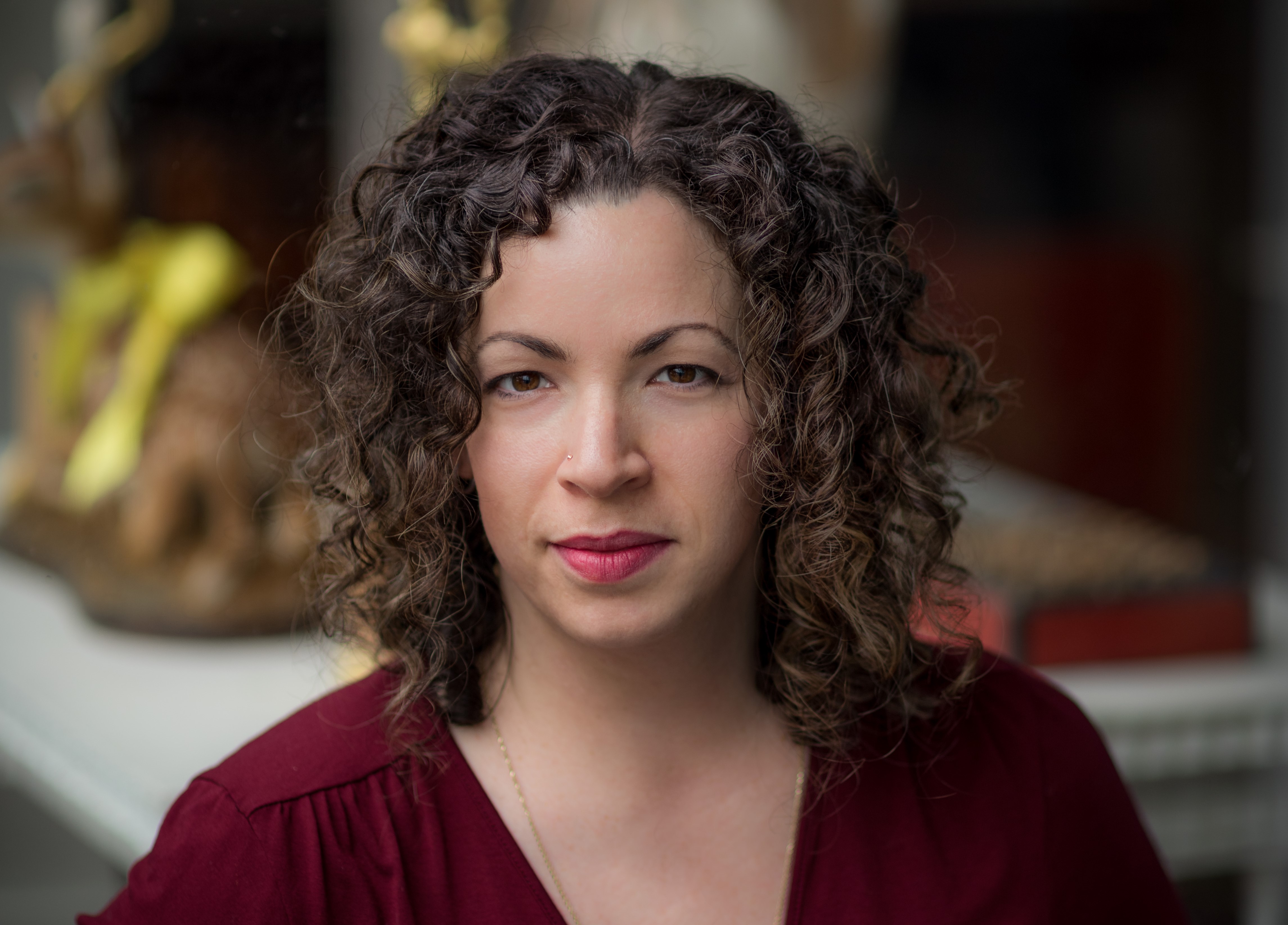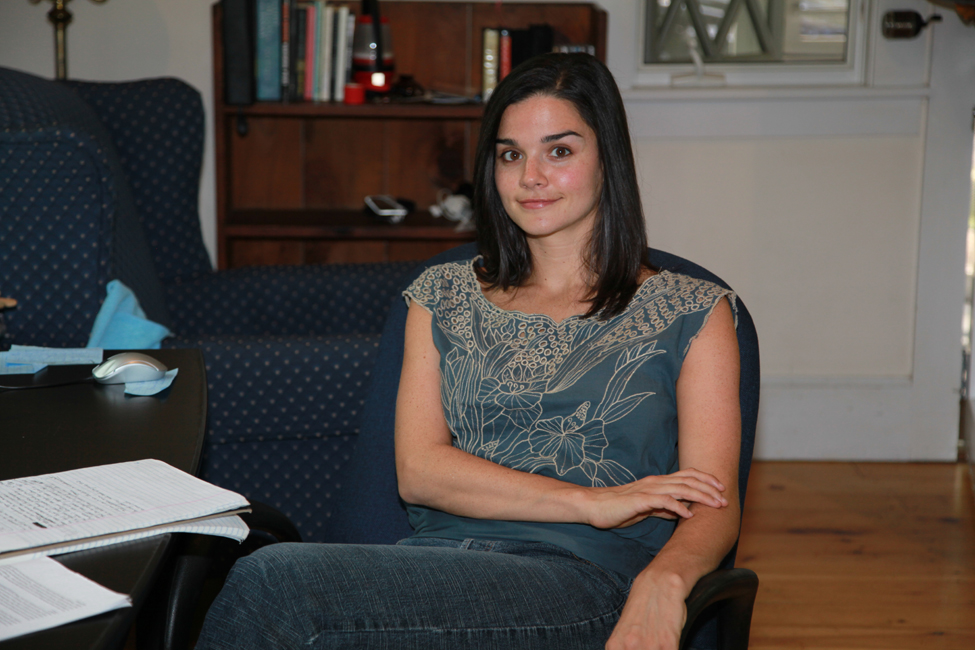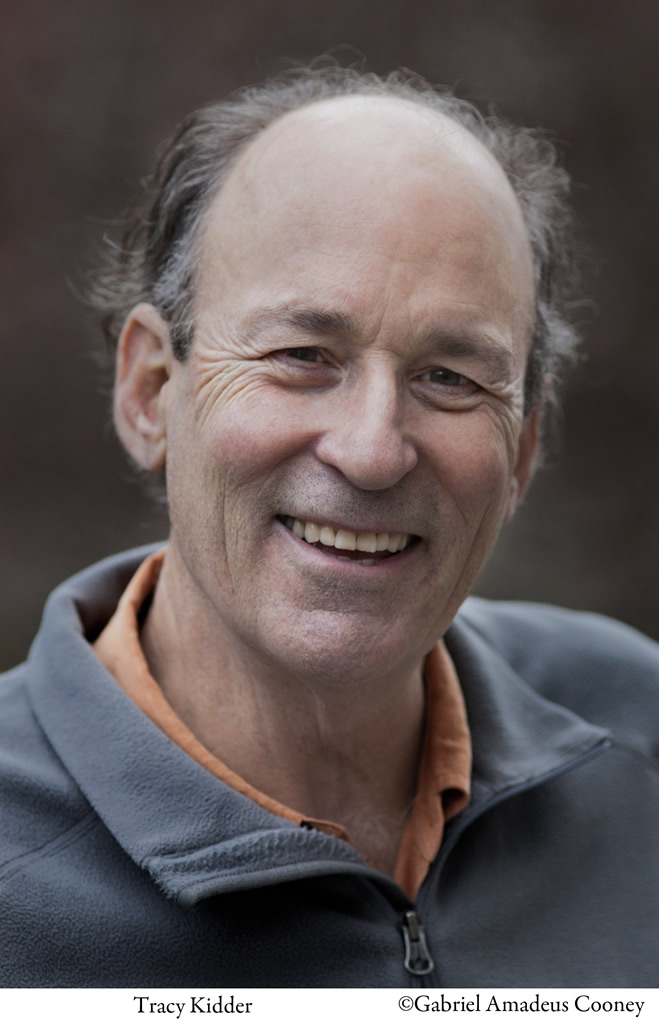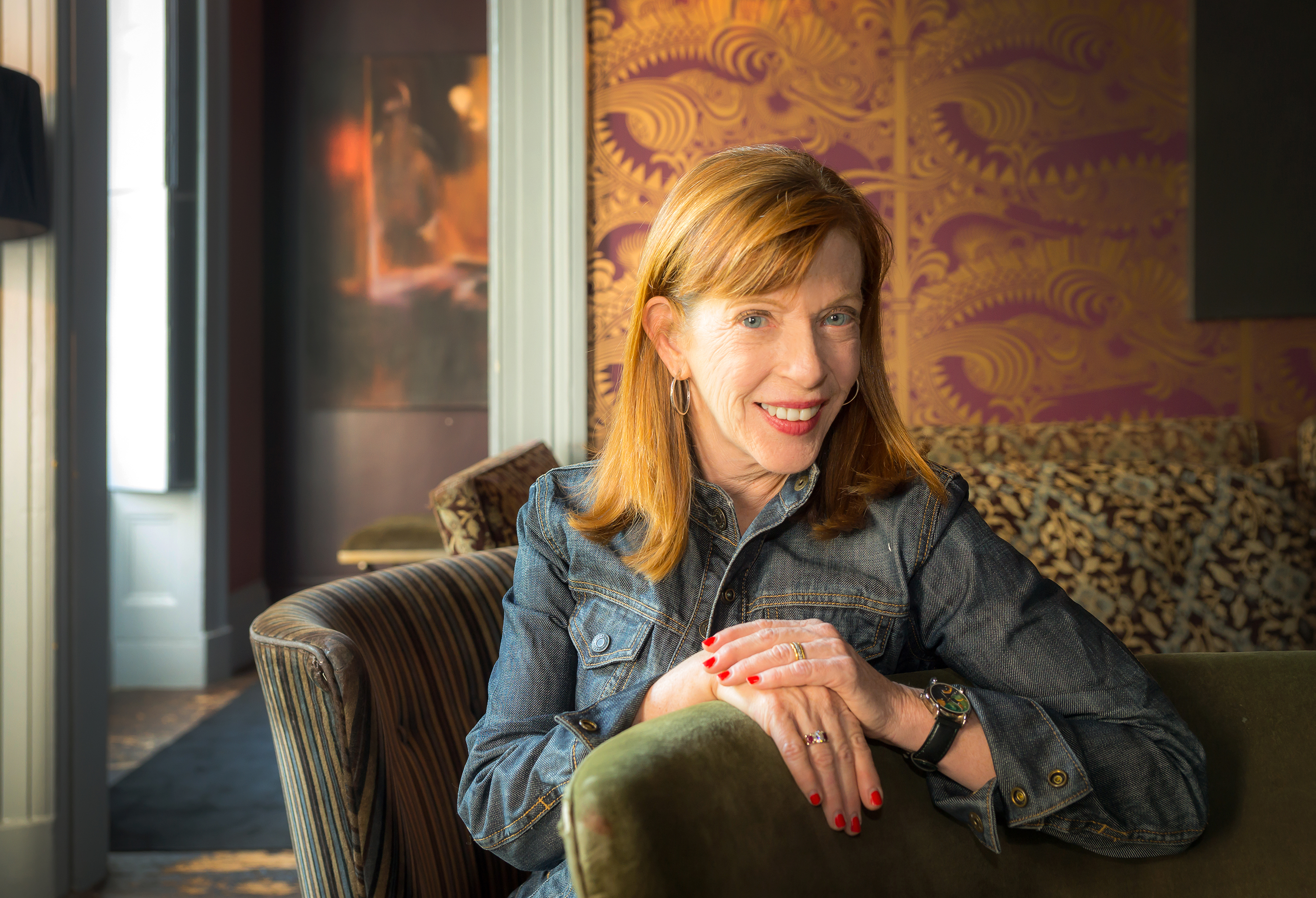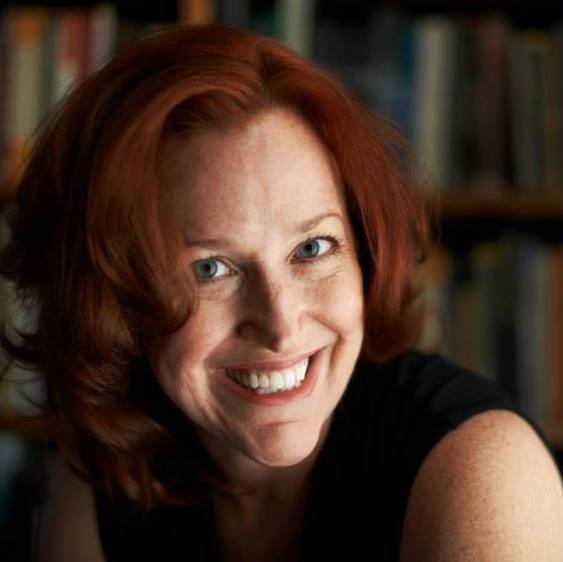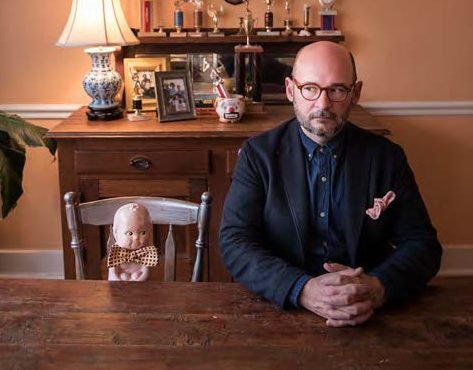
View on Zencastr
By Brendan O’Meara
“I always felt this indescribable pull to create something I’m proud of. ‘Look. I made this.'” —Harrison Scott Key (@HarrisonKey)
“A memoir is just a slice.” —Harrison Scott Key
Harrison Scott Key came back to the show to talk about his amazing work. Since that day way back in 2013, Harrison has published his first memoir The World’s Largest Man about his father, which also won the Thurber Prize for the funniest book in the country. And his latest book, Congratulations, Who Are You Again?, Was my single favorite book from 2018.
This one was so funny, inspiring, and entertaining that I took it with me on walks and when I found a crack in my schedule I’d pick this thing up and read a few pages if I could while my boss wasn’t looking.
But we’ll get to that. I guess I forgot to mention that this is The Creative Nonfiction Podcast, the show where I speak to badass writers, filmmakers, and producers about the art and craft of telling true stories. I also unpack their origins and how they approach the work in the face of day jobs and crippling self-doubt. Am I projecting. Perhaps.
Do you subscribe this here podcast? You can find it just about anywhere and if you dig this show and others, link up to it on your social media platforms. You are the social network, CNFers. Rage Against the Algorithm. And if you have a minute or two, please give the show a rating over on Apple Podcasts. Follow the show @CNFPod on Twitter and @BrendanOMeara on Twitter.
What else, oh, yes, subscribe to my monthly newsletter. It’s chock full of my reading recommendations and what you might have missed from the world of the podcast. Once a month. No spam. Can’t beat it.
So Harrison came back to the show and as always I try and cut down these interviews by about 10-15% and I simply couldn’t do that with this one. Couldn’t do it, so I hope you enjoy the big man himself, Harrison Scott Key.
Don’t forget to Rage Against the Algorithm with my monthly up-to-11 newsletter. First of the month. No spam. Can’t beat it.
Consider supporting the show via Patreon patreon.com/cnfpod. Shop around if you want to support the community. I just paid out the writers from the last audio magazine. You make that possible. The show is free but it ain’t cheap.
Free ways to support the show?
Subscribe and download and share across your socials. And don’t forget to consider leaving a kind review on Apple Podcasts. Those go a LONG way.
